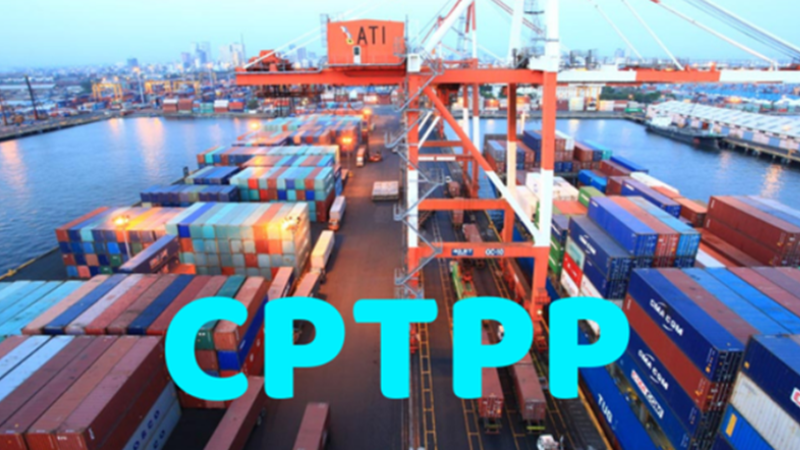With a market of nearly 600 million people, accounting for around 15% of global GDP, the CPTPP has become a “safe harbour” for many economies seeking shelter from the turbulence of current global trade tensions.
This is not the first time the RoK has shown interest in becoming a CPTPP member. Between 2021 and 2022, the country launched an accession process and was considered a strong candidate for joining the next-generation free trade agreement. However, the plan stalled due to strong domestic opposition, especially due to concerns that opening the agricultural and fisheries markets would intensify competition.
After a three-year hiatus, Seoul is once again pushing forward. The Ministry of Economy and Finance recently announced it would resume the review process for joining the CPTPP, aiming to build economic networks with countries sharing similar trade policy perspectives. As with many nations, the RoK views expanding its network of free trade agreements as a means to forge a robust “shield” against today’s global tariff storm.
Despite being a close ally of the US, the RoK has not been spared the impact of Washington’s tariff policies. The Bank of Korea has warned that US counter-tariffs of up to 15% could cause long-term damage to the RoK economy, reducing GDP growth by 0.45% this year and 0.6% in 2026. Without swift and effective countermeasures, the country risks bearing mounting economic costs, given that the US remains its largest export market.
Against this backdrop, the CPTPP offers Seoul a potential lifeline. Minister of Trade, Industry and Energy Yeo Han Koon stressed that diversifying export markets through agreements like the CPTPP is a strategic necessity to address rising global trade frictions.
Membership would strengthen RoK’s economy by boosting growth, expanding trade and attracting foreign investment. Experts estimate CPTPP membership could lift RoK’s GDP by about 0.38%, largely through access to new markets such as Japan and Mexico — with which Seoul does not yet have free trade agreements.
The RoK is not alone in seeking CPTPP membership. In 2023, the UK formally joined, becoming the first European nation to do so since the pact was signed in 2018. China, Indonesia and Costa Rica are also advancing their applications in hopes of diversifying trade, strengthening supply chains, and reducing reliance on traditional export markets.
Beyond economics, the CPTPP carries significant geopolitical weight. As a next-generation multilateral trade deal spanning Asia, Oceania, Europe and the Americas, it includes three G7 members, four ASEAN countries, and major markets such as Australia and Mexico.
In a fast-changing and unpredictable global political and security environment, CPTPP membership would allow Seoul to reinforce its strategic role in the Asia-Pacific — a current focal point of global geopolitics.
With the advantages it offers, the RoK is far from the only country eyeing CPTPP membership. In 2023, the UK officially joined, becoming the first European nation to enter the pact since it was signed in 2018. Meanwhile, China, Indonesia, Costa Rica, and others are stepping up efforts to accede, aiming to diversify trade relations, strengthen supply chains, and reduce reliance on traditional export markets.
















